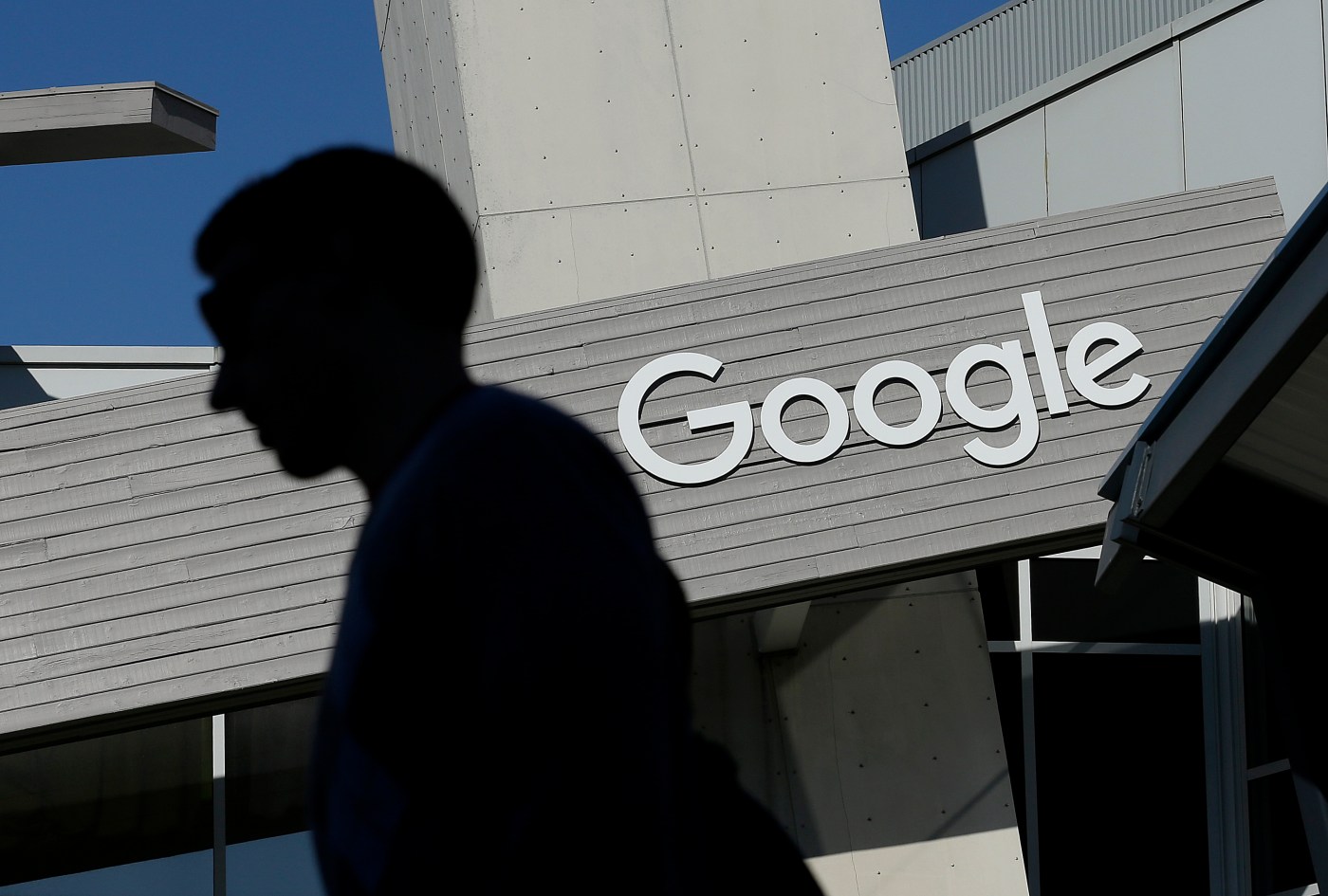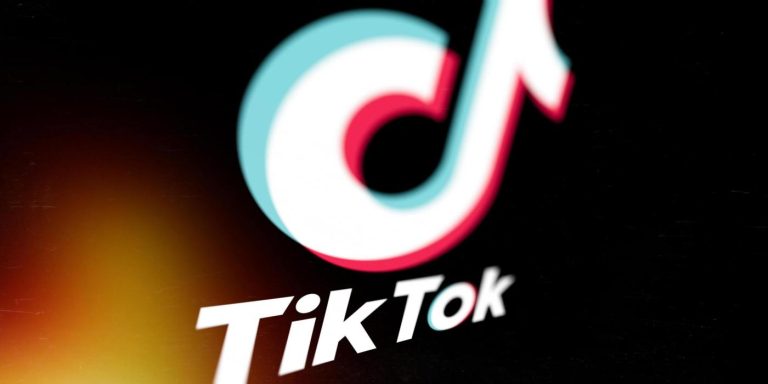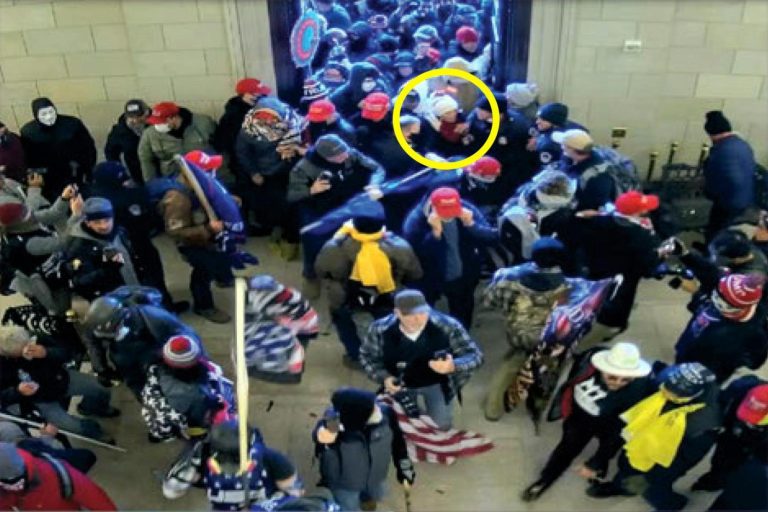Google’s legal troubles over whether the search giant duped users into believing its “Incognito” browsing mode was truly private aren’t over yet: A week after settling a federal class-action suit, the Mountain View company is facing an avalanche of new lawsuits in San Jose from thousands of users who claim Incognito broke their trust by snooping on their secrets.
The thousands of claims, seeking at least $10,000 each, could be just the tip of the iceberg, according to experts. But proving they were harmed and getting Google to pay up could require aggrieved Incognito users to bare their browsing habits — from personal finance to porn.
Last week, the New York City-based law firm Boies Schiller Flexner announced in a court filing it had reached a settlement with Google on behalf of an estimated 136 million people in the U.S. who used Incognito. The deal required Google to delete or redact billions of records and change the language on the mode’s opening page. Google’s public response to the settlement reflected the bitterness of the bruising four-year court battle in Oakland U.S. District Court: “The plaintiffs originally wanted $5 billion and are receiving zero,” a spokesman said.
Now the same law firm is rounding up plaintiffs by the thousands — including hundreds in the Bay Area — to sue Google on similar claims in state court in San Jose.
“A lot of these companies have been in the news for the last few years for capturing a lot more data than users thought they were,” said plaintiff and Stanford University senior Eugene Lo. “I am used to them doing misleading things. I still wanted them to have consequences.”
Boies Schiller Flexner has filed more than 90 lawsuits over the past 12 days in Santa Clara County Superior Court in San Jose, each with 50 plaintiffs, accusing Google of breaking state privacy and computer-fraud laws.
Many more state court lawsuits are likely to follow, said Santa Clara University School of Law professor Eric Goldman.
“This is like a perpetual motion machine if we’re dealing with hundreds of millions of potential plaintiffs,” Goldman said.
The lawsuits repeat allegations from the federal-court action launched in 2020, including that Google knows “the most intimate and potentially embarrassing things you browse on the internet — regardless of whether you follow Google’s advice to keep your activities ‘private,’” and that “George Orwell could never have dreamed it.”
Plaintiffs may not be able to win their cases or establish damages without revealing the way they used Incognito, Goldman said. For example, a user who employed Incognito to limit exposure of their banking information would not have a strong damages claim without evidence their financial data was compromised.
Someone who used the mode to surf pornography and lost their job or spouse because their surfing was somehow publicly revealed, he said, may have a case for high damages. But if someone used Incognito to watch porn with no negative personal outcome, the case for compensation is undercut, Goldman said.
Information that Boies Schiller Flexner obtained via the federal case features prominently in the new lawsuits to back the claim that Google knew it was duping Incognito users into thinking the company would not retain browsing information, while it secretly grabbed and profited from the data.
Google called the new lawsuits “meritless” — as it did regarding the federal case after the settlement was announced — and added, “we will defend ourselves vigorously.”
The lawsuits refer to a purported 2014 Google internal email recommending changes to Incognito so “we don’t deceive users,” along with a 2015 internal email calling Incognito “a lie.” A 2020 internal document allegedly said “common misconceptions” about Incognito included belief that it “hides browsing activity from Google.”
The federal court judge who oversaw the recently settled lawsuit, Yvonne Gonzalez Rogers, in an order last year agreed with the plaintiffs in that case that anyone using Incognito on Google’s Chrome browser could reasonably deduce from the opening screen that Google would not take their data.
As a result of the settlement and negotiations in the federal case, Google has changed Incognito mode’s opening page, replacing the words “now you can browse privately” with “you can browse more privately.” The deal does not stop the company from gathering Incognito data.
Related Articles
Google to purge ‘private’ Incognito mode user records, but will keep snooping
Google to purge billions of files containing personal data in settlement of Chrome privacy case
Gmail revolutionized email 20 years ago today. People thought it was Google’s April Fool’s Day joke
Apple co-founder Steve Wozniak wins latest round in lawsuit vs. YouTube over Bitcoin scam
Judge rules YouTube, Facebook and Reddit must face lawsuits claiming they helped radicalize a mass shooter
Google, the new lawsuits alleged, builds detailed, “cradle-to-grave” profiles of individual internet users by tracking internet, phone and app activity, and identifying devices. It also receives users’ data — including that generated during Incognito browsing — from websites using Google advertising technology. Through its algorithms and artificial intelligence, the company can in many cases link Incognito mode browsing data to individual profiles, the lawsuits claimed.
“Doing so improves the ‘profiles’ and allows Google to sell more targeted ads at those users,” the lawsuits alleged. “Because of Google’s pervasive presence on the internet, its unparalleled reach and its uncanny ability to so target consumers, advertisers are willing to pay a premium for Google’s advertisement services.”
Google, which made $238 billion in advertising revenue last year according to its annual report, said this week, “We never associate data with users when they use Incognito mode.”
Boies Schiller Flexner argues that users should be compensated for Google’s collection of users’ Incognito data for profit, allegedly deceptively. Google will likely counter that plaintiffs suffered no financial damages or other harms requiring payment, Goldman said.
Other law offices may piggy-back off the New York firm and recruit plaintiffs to make similar claims against Google in state court, leading to complex court battles as law firms angle for damages, Goldman said.
“At that point,” Goldman said, “chaos ensues.”












